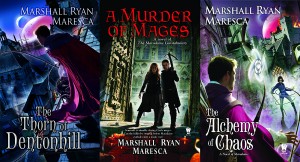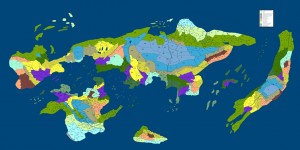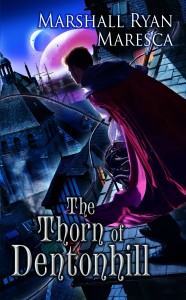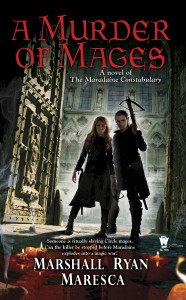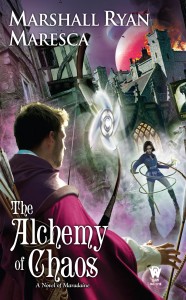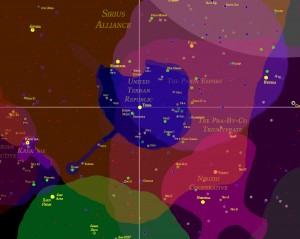As a rule, a writer shouldn't get too hung up with what happens on Goodreads. You shouldn't get to hung up on reviews or ratings at all. Shouldn't. Doesn't mean I don't pay attention to that stuff. Because I definitely do.
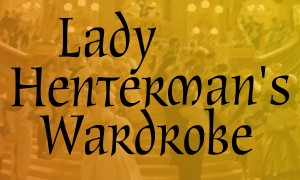 And that's why I noticed that Lady Henterman's Wardrobe received a rating. A four star rating. Which is pretty strange for a book not yet out, but not entirely unheard of. Even for announced-down-the-road books, it happens. Scott Lynch announced titles for all seven of his intended Gentlemen Bastard books, and the four that are yet to be released all having quite a few ratings. But in that case, there is progression. Lady Henterman's Wardrobe is a sequel to The Holver Alley Crew, and that not even out yet. I don't even have the draft for Lady Henterman's Wardrobe finished yet.* So it is strange that it gets a random rating.
And that's why I noticed that Lady Henterman's Wardrobe received a rating. A four star rating. Which is pretty strange for a book not yet out, but not entirely unheard of. Even for announced-down-the-road books, it happens. Scott Lynch announced titles for all seven of his intended Gentlemen Bastard books, and the four that are yet to be released all having quite a few ratings. But in that case, there is progression. Lady Henterman's Wardrobe is a sequel to The Holver Alley Crew, and that not even out yet. I don't even have the draft for Lady Henterman's Wardrobe finished yet.* So it is strange that it gets a random rating.
Even stranger? The person who did it created an account exclusively to rate Lady Henterman's Wardrobe. So this isn't some exuberant fan who is just rating all of my stuff purely on anticipation. Their 4-star rating of Lady Henterman's Wardrobe is all they have. Not even one of my other books.
Why did they make an account just for this. It boggles me. Are they a time traveller? Are they sending me a warning from the future, that Lady Henterman's Wardrobe is destined to be a 4-star book? Do I have a chance to change things, based on their knowledge? Or am I locked in a predestination paradox?
Or, it's just some strange random thing?
Probably that.
Even still: Lady Henterman's Wardrobe, coming to a bookstore near you in 2018!
---
*-I am on pace to get it done when I need to, though. So: no worries.
